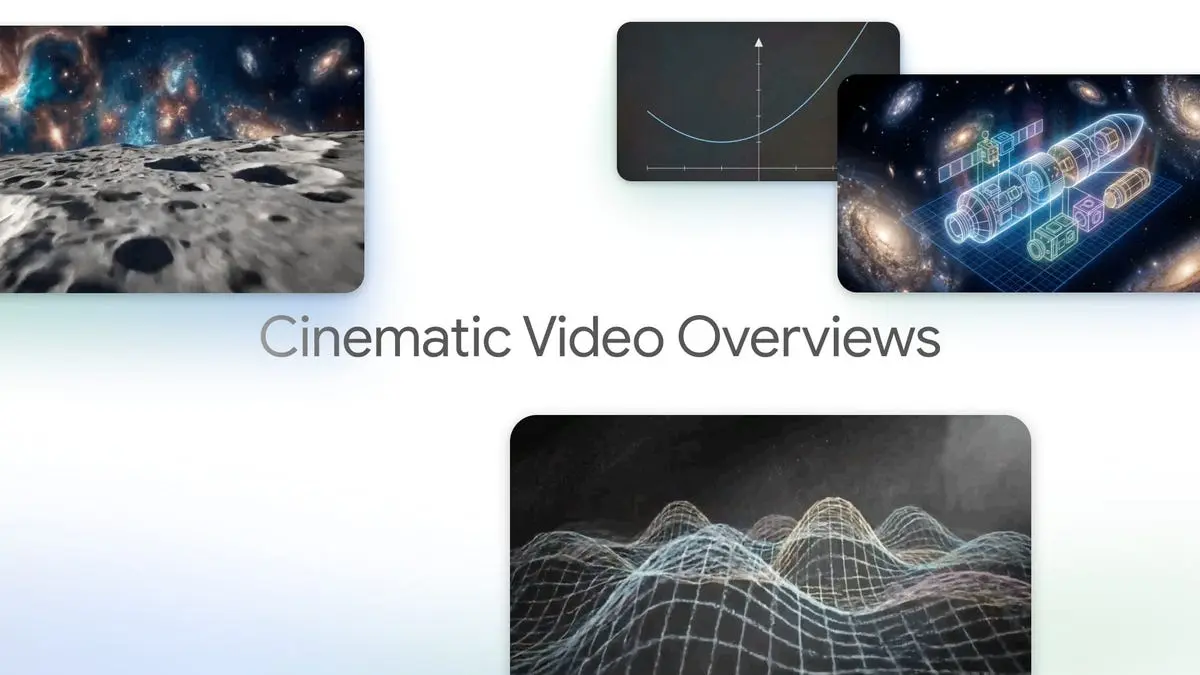The AI Music Scam: Unraveling a $10 Million Fraud
2 Sources
2 Sources
[1]
The AI Music Scam: The Aftermath
North Carolina Man Charged in Multi-Million Dollar Fraud Scheme Involving AI-Generated Music The US Department of Justice arrested a 52-year-old resident of North Carolina, Michael Smith, who allegedly conducted an extensive scheme of AI-generated music and fraudulent streaming activities for seven continuous years. This is a recent development in the news of accusations against Smith for using AI to fabricate hundreds of thousands of fake songs, fooling the streaming platforms into creating fake plays that earned him upwards of US$10 million in royalties through illegitimate means. He now faces charges of wire fraud and money laundering, each carrying up to 20 years in prison. Read more
[2]
Man arrested for creating fake AI music and making $10M by listening with bots
A 52-year-old North Carolina man, Michael Smith, has been arrested by the Department of Justice (DOJ) for his involvement in a sophisticated seven-year scheme involving AI-generated music, fictitious bands, and fraudulent streaming. Smith is accused of using AI to create hundreds of thousands of fake songs, manipulating streaming services to generate fake plays, and unlawfully earning over $10 million in royalties. He now faces charges of wire fraud and money laundering, both of which carry a potential sentence of up to 20 years. According to the DOJ's press release, Smith collaborated with two unnamed accomplices -- a music promoter and the CEO of an AI music company -- to produce and distribute AI-generated tracks on platforms such as Spotify, Apple Music, Amazon Music, and YouTube Music. Smith allegedly used bots to artificially boost the number of streams, converting them into royalty payments. His manipulation of the platforms' fraud detection systems allowed him to escape notice for years. Investigators uncovered emails that shed light on the scheme. In one 2018 email, Smith urged his co-conspirators to quickly generate vast numbers of tracks to outpace anti-fraud measures being implemented by the platforms. The CEO of the AI company routinely provided thousands of songs with randomized file names, like "n_7a2b2d74-1621-4385-895d-b1e4af78d860.mp3." Smith would then rename the files with more natural-sounding titles, such as "Zygotes" and "Zyme Bedewing." The associated fake artists were given equally unusual names, including "Calvin Mann," "Calorie Event," and "Calypso Xored." The scheme involved producing large quantities of low-quality, AI-generated "instant music" purely to exploit the royalty systems of streaming platforms. Bots were programmed to stream the tracks billions of times without any human listeners, leading to enormous payouts for Smith and his collaborators. Despite the substantial evidence provided by the DOJ, including emails and fraudulent streaming data, Smith has denied the charges. In a statement to the New York Times, he expressed shock and frustration, asserting that there was "no fraud" and questioning how he could challenge the accusations.
Share
Share
Copy Link
A man has been arrested for orchestrating a $10 million AI music scam, creating fake AI-generated songs attributed to popular artists. The case highlights the growing concerns over AI's impact on the music industry and copyright issues.

The Scam Unveiled
In a shocking revelation that has sent ripples through the music industry, a man has been arrested for orchestrating an elaborate AI music scam that netted him a staggering $10 million. The perpetrator, Michael Smith from North Carolina, allegedly used artificial intelligence to create fake songs attributed to popular artists, exploiting the growing trend of AI in music production
1
.The Modus Operandi
Smith's method was ingenious yet deceitful. By leveraging advanced AI technology, he generated songs that mimicked the styles and voices of well-known musicians. These counterfeit tracks were then uploaded to various music streaming platforms, accumulating millions of plays and, consequently, substantial royalties
2
.Financial Impact and Industry Reaction
The financial impact of this scam is significant, with Smith allegedly earning $10 million through this fraudulent scheme. This incident has sent shockwaves through the music industry, raising serious concerns about the potential misuse of AI in music production and the vulnerability of current copyright protection measures
1
.Legal Implications and Copyright Issues
The arrest of Smith brings to the forefront the complex legal issues surrounding AI-generated music. Copyright laws, traditionally designed to protect human-created works, are now being challenged by the advent of AI-generated content. This case may set a precedent for how such incidents are handled legally in the future
2
.The Role of Streaming Platforms
This incident also raises questions about the responsibility of music streaming platforms in detecting and preventing such fraudulent activities. The ease with which the fake AI-generated songs were uploaded and monetized highlights potential vulnerabilities in the current system
1
.Related Stories
Implications for Artists and the Music Industry
The AI music scam has significant implications for artists and the music industry as a whole. It underscores the potential threats posed by AI technology to artists' intellectual property and livelihood. The incident may lead to increased scrutiny of AI-generated content and calls for more robust verification processes in the music industry
2
.The Future of AI in Music
While this scam highlights the potential misuse of AI in music, it's important to note that AI also has legitimate and innovative applications in the industry. The challenge moving forward will be to harness the creative potential of AI while implementing safeguards to prevent fraud and protect artists' rights
1
.References
Summarized by
Navi
[1]
Related Stories
AI-Generated Music Scam: Musician Arrested for $1 Million Streaming Fraud
07 Sept 2024

AI-Generated Music Scam: Man Charged with $10 Million Streaming Royalties Fraud
05 Sept 2024

Musicians sound alarm as AI impersonators flood streaming platforms with fraudulent tracks
16 Dec 2025•Entertainment and Society

Recent Highlights
1
Trump bans Anthropic from government as AI companies clash with Pentagon over weapons and surveillance
Policy and Regulation

2
Nvidia pulls back from OpenAI investment as Jensen Huang cites IPO plans and complex dynamics
Technology

3
Samsung unveils Galaxy S26 lineup with Privacy Display tech and expanded AI capabilities
Technology





